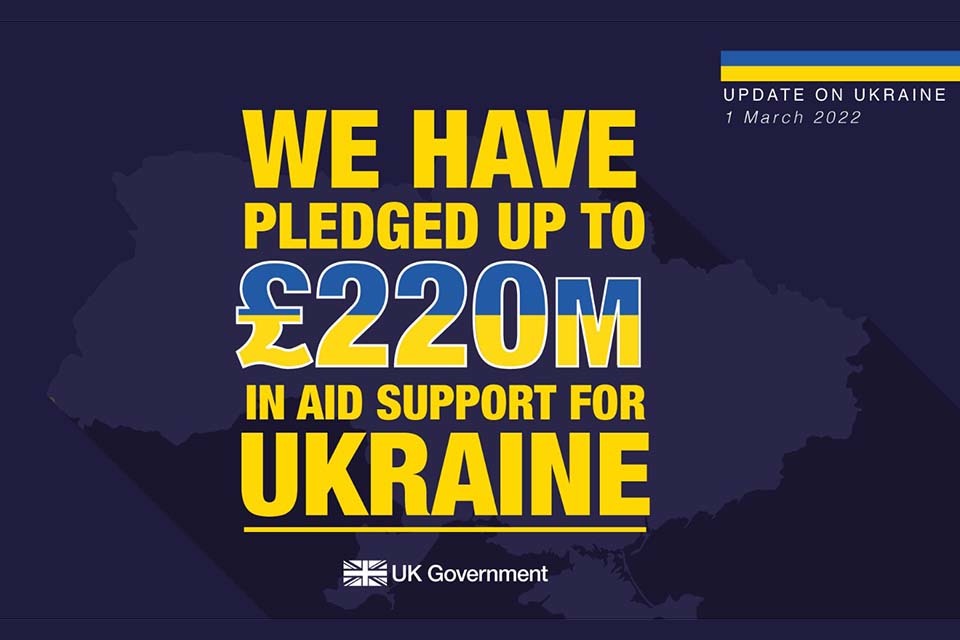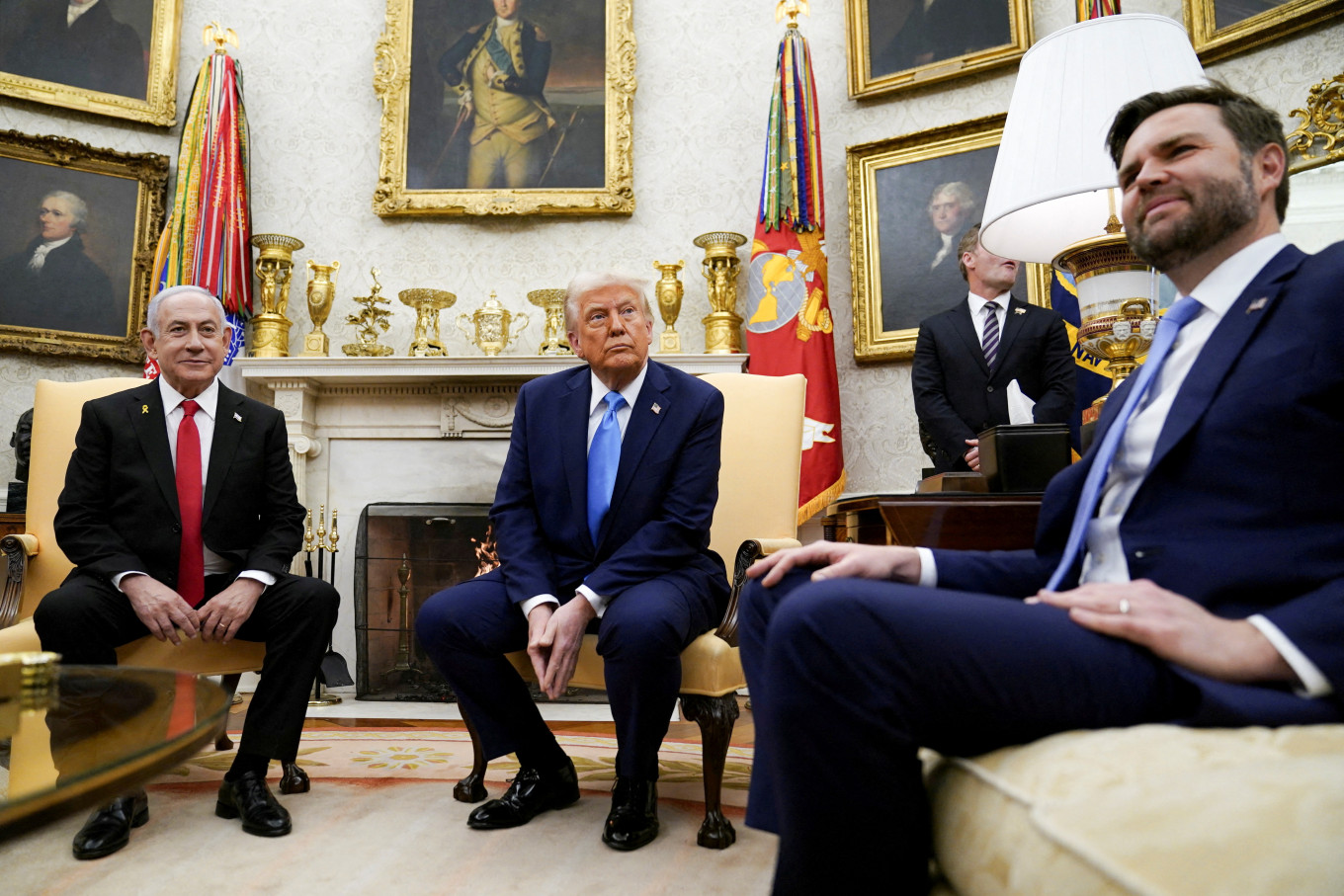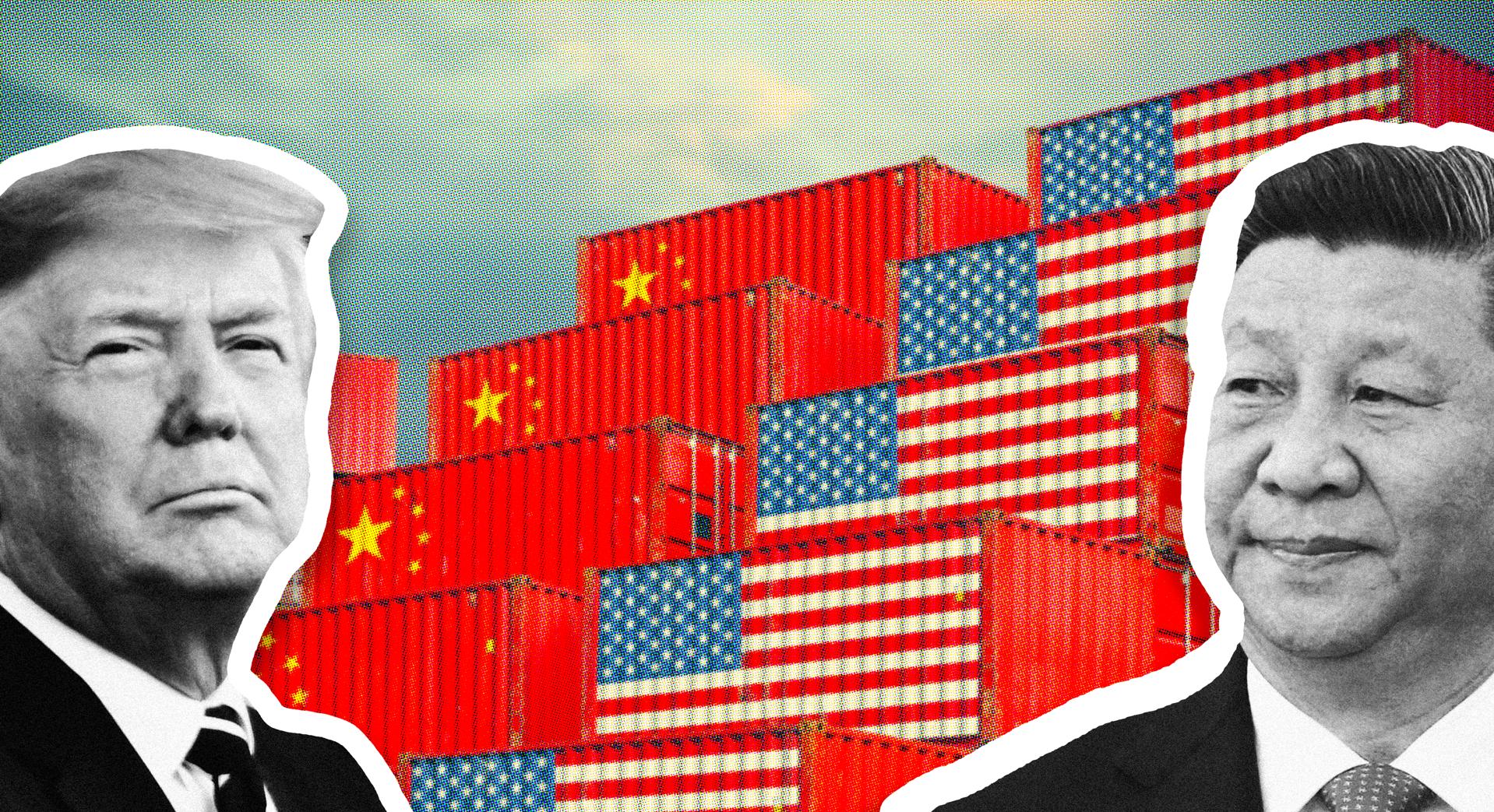Former President Trump has once again weighed in on the Russia-Ukraine conflict, delivering a typically blunt assessment. He asserted that Putin has no logical justification for targeting civilian areas, cities, and towns with missile strikes. But here’s the kicker – Trump suggested the real leverage isn’t military, it’s financial. He believes escalating financial sanctions, potentially even secondary sanctions, are the way to really put pressure on Putin.
It’s a stark contrast to the current strategy, and it’s worth noting Trump’s track record on, let’s just say, unconventional approaches.
He didn’t stop there, of course. In a classic Trump move, he unleashed a tirade against The New York Times, predicting they’d criticize any deal he brokered, no matter how successful. He vehemently distanced himself from the conflict, framing it as a mess inherited from the Obama and Biden administrations – a sentiment his loyal followers will undoubtedly echo.
Knowledge Point: The Power of Financial Warfare.
Financial sanctions are a potent tool in international relations. They aim to limit a country’s access to finances and trade. This can cripple their economy.
Secondary sanctions go a step further, targeting entities doing business with the sanctioned country. This creates a wider web of restrictions.
Historically, these measures have been implemented against countries like Iran and North Korea, with varying degrees of success. Their effectiveness hinges on global cooperation.
Understanding how financial systems interact is crucial to grasping the potential impact of these sanctions. It’s not simply about cutting off money, it’s about disrupting networks.






